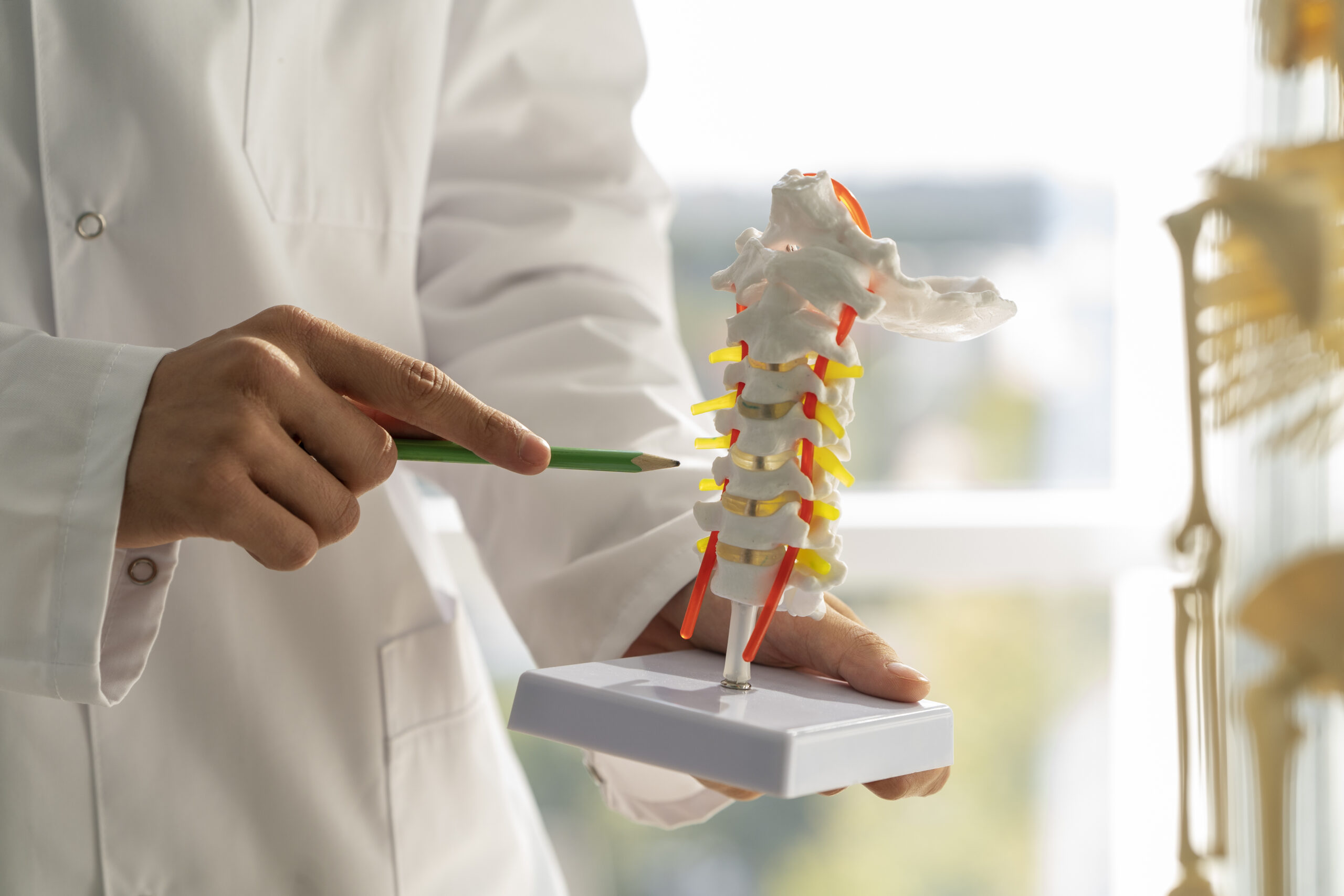Do you experience back pain or discomfort? Your spinal intervertebral discs may be the cause. These discs play a crucial role in maintaining the health of your spine. Understanding their anatomy and how they function can help you prevent degeneration and pain. Let’s delve into the world of spinal intervertebral discs.
Anatomy of Spinal Intervertebral Discs:
Your spine is made up of a series of bones called vertebrae, separated by intervertebral discs. These discs are flat, round cushions that act as shock absorbers between each vertebra. Each disc comprises a tough outer layer called the annulus fibrosus and a gel-like inner core called the nucleus pulposus.
Physiology and Role in Spinal Health:
The intervertebral discs serve several vital functions:
1. Shock Absorption: When you move or engage in physical activities, the discs absorb shock and prevent the vertebrae from rubbing against each other.
2. Flexibility: The discs enable your spine to bend and twist, allowing you to move freely.
3. Support: They help maintain the natural curvature of your spine and support your body weight.
Degeneration and Pain:
Unfortunately, intervertebral discs can degenerate over time due to factors like aging, poor posture, repetitive stress, or injury. When a disc degenerates, it can lead to pain, stiffness, numbness, or tingling in the back or limbs. Common conditions associated with disc degeneration include herniated discs and degenerative disc disease.
Prevention and Treatment:
Preventing disc degeneration is key to maintaining spinal health. Here are some tips to help you protect your intervertebral discs:
1. Maintain Good Posture: Avoid slouching or sitting for prolonged periods. Use proper ergonomics at work and home.
2. Stay Active: Regular exercise, especially activities that strengthen your core muscles, can support your spine and reduce the risk of disc degeneration.
3. Lift Safely: When lifting heavy objects, bend your knees and keep your back straight to avoid straining your discs.
4. Seek Chiropractic Care: A qualified chiropractor can assess your spine, provide adjustments to improve spinal alignment, and offer advice on proper posture and movement mechanics.
脊椎矯正護理如何幫助:
Chiropractors specialize in the diagnosis and treatment of musculoskeletal conditions, including disc-related issues. Through spinal adjustments, chiropractors can relieve pressure on the discs, promote healing, and restore proper spinal alignment. Additionally, they may recommend exercises, stretches, and lifestyle modifications to support spinal health.
By seeking chiropractic care, you can address underlying issues that contribute to disc degeneration and pain, ultimately improving your overall spinal health and quality of life.
Remember, your spine is the foundation of your body, and taking care of it is essential for your well-being. Don’t ignore signs of disc-related discomfort; consult a chiropractor for personalized care and guidance.


